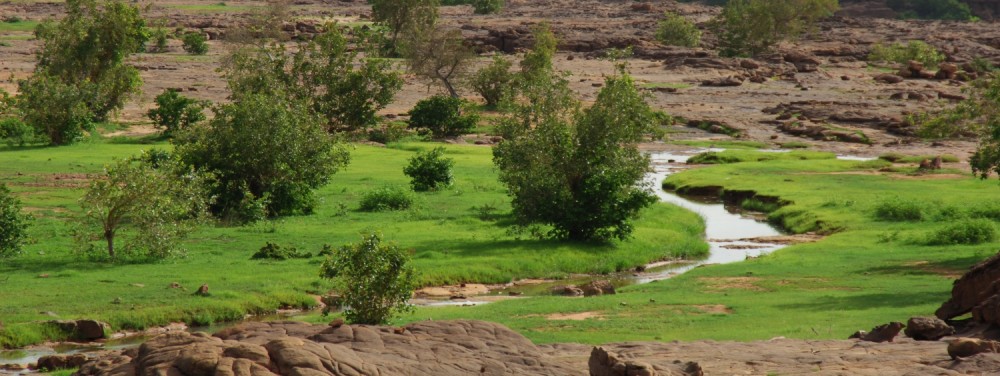President Obama announced Friday that about 100 U.S. troops have been deployed to the West African country of Niger, where defense officials said they are setting up a drone base to spy on al-Qaeda fighters in the Sahara.
(from washingtonpost.com )
Senior U.S. officials have said for months that they would not put U.S. military “boots on the ground” in Mali, an impoverished nation that has been mired in chaos since March, when a U.S.-trained Malian army captain took power in a coup. But U.S. troops are becoming increasingly involved in the conflict from the skies and the rear echelons, where they are supporting French and African forces seeking to stabilize the region.
Obama did not explicitly reveal the drone base in his letter to Congress, but he said the U.S. troops in Niger would “provide support for intelligence collection” and share the intelligence with French forces in Mali.
A U.S. defense official, speaking on the condition of anonymity to provide details about military operations, said that the 40 troops who arrived in Niger on Wednesday were almost all Air Force personnel and that their mission was to support drone flights.
The official said drone flights were “imminent” but declined to say whether unarmed, unmanned Predator aircraft had arrived in Niger or how many would be deployed there.
The drones will be based at first in the capital, Niamey. But military officials would like to eventually move them north to the city of Agadez, which is closer to parts of Mali where al-Qaeda cells have taken root.
“That’s a better location for the mission, but it’s not feasible at this point,” the official said, describing Agadez as a frontier city “with logistical challenges.”
The introduction of Predators to Niger fills a gap in U.S. military capabilities over the Sahara, most of which remains beyond the reach of its drone bases in East Africa and southern Europe.
The Pentagon also operates drones from a permanent base in Djibouti, on the Horn of Africa, and from a civilian airport in Ethiopia.
The U.S. military has been flying small turboprop surveillance planes over northern Mali and West Africa for years, but the PC-12 spy aircraft have limited range and lack the sophisticated sensors that Predators carry.




